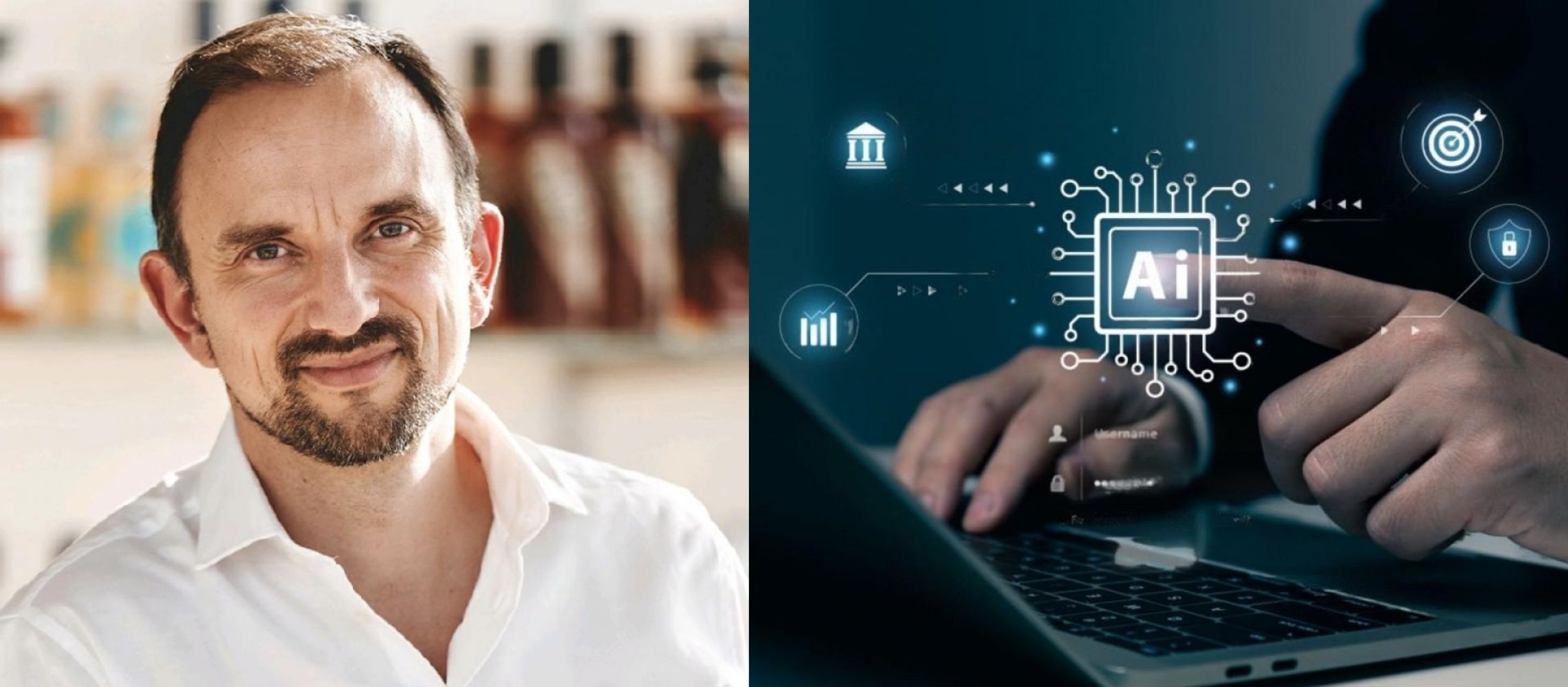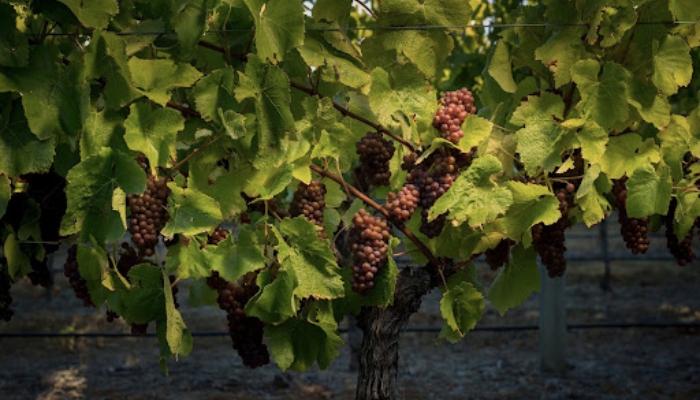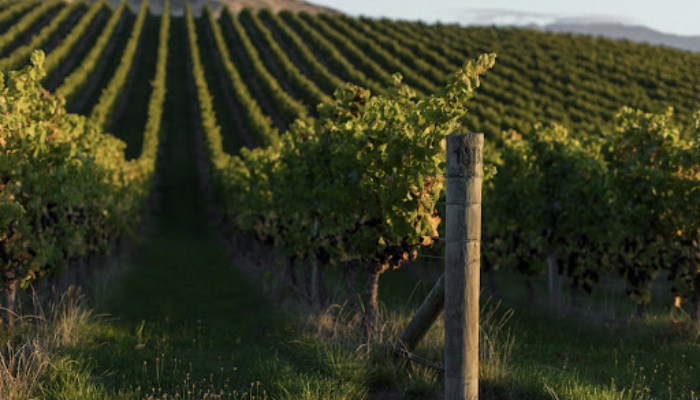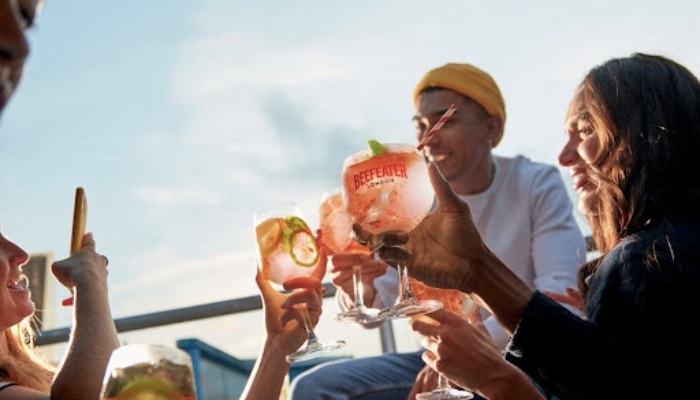Submission Deadline
28 February 2026
Judging
Date
24 & 25 March 2026
Winners Announcement
22 April 2026
28 February 2026
24 & 25 March 2026
22 April 2026

With ChatGpt coming to the fore, AI is the buzzword on everyone’s lips. But Pernod Ricard was an early adopter of AI and has incorporated bespoke tools into many facets of the company’s operations in the last few years.
Pierre-Yves Calloc'h, Pernod Ricard’s Chief Digital Officer helps us understand how he is committed to digitally transforming the company and is achieving this with tools that are assisting employees and operations to achieve better efficiencies and growth continually.
Pierre-Yves, I understand that you are deeply committed to bringing digital transformation to Pernod Ricard. To this effect, multiple programs are implemented at Pernod Ricard to work seamlessly with employees giving them more insights, helping them do their job better, and driving profitability. I would like to delve deeper into some of these programs and how they are harnessed at Pernod Ricard. I would also like to understand your long-term strategy for Pernod Ricard’s exciting digital transformation journey. So without further ado, let’s get started.
Our consumer insights team has indeed developed a platform based on Meltwater technology to monitor online and social media data. It helps marketing teams to listen to what consumers say about our brands, to better understand their expectations. This way we are able to identify new cocktail recipes, and trending flavours or identify whether marketing campaigns are having the impact we expect. The benefit of this data is its immediate availability and wide coverage across the globe and is a complement to other sources of information for our teams.

Artificial Intelligence offers very interesting progress in agricultural applications. For instance, being able to predict the level of sugar in grapes based on historical data and variables such as weather forecast is necessary to optimise the planning of harvest, but also increase the quality of grape intake.
The next steps of the winemaking process for our international brands such as Jacob’s Creek or Montana can be also optimized thanks to AI. In that sense, many of our operations from the crushing of grapes to fermentation are optimized through AI.
It has been a boost for our sustainable actions, such as significantly reducing water consumption. Our winemaking division has been a pioneer in using AI in agriculture and today our partnership with Complexica is giving our ambition a new dynamic.
We also have projects in Champagne and Cognac regions on regenerative agriculture in vineyards which is a strategic area of focus for our Mumm champagne and Martell Cognac brands.

Yes, D-star is an AI tool that we’ve developed internally and that supports our sales team. I think some of its key success factors are:
- Quality data: We have put strong data governance in place, with both global roles and local roles in each market. It enables us to have up to 51 pipelines to feed our model in each country, maintained and refreshed on a regular basis.
- Change management: We have built a change management team and are deploying the solution supported by change processes, starting from engaging the right management levels during the conception, down to upskilling and reinforcement methods. The objective is to make sure the solution is fully understood and adopted by each user in the long term.
- Explicability: over the past 3 years we have developed an internal team of data & AI experts that are able to explain any results from the tools and it is key to foster user adoption. When you are a sales manager or sales representative, you need to trust the recommendation given by the tool. Each visit is important, and your performance depends on it.
BCG and their tech division BCG X has been key partner for us in the launch of our Key Digital Programs 3 years ago. From the start, we wanted to internalise the data & AI expertise, and it was key to get the support of a trusted expert like BCG to help us launch the programs, and deliver proof of value to the organization, while we were at the same time building our internal capacity.
Our own team progressively took over the programs’ management and now we are fully autonomous. We deploy the tools to other geographies and can create new features. For example, if our sales teams ask for recommendations of a number of facings in supermarkets in addition to the list of products tailored to each outlet.

Matrix is an AI solution that helps our marketing team decide what the best level of investment is behind each brand and in what media channel they should invest. For example, if you are a marketeer in Pernod Ricard, you have a fixed budget to allocate across many brands. Do they all need the same amount of investment to perform well? For Absolut vodka in Germany, do you need to invest more in social media or in TV? What about Absolut vodka in China or Jameson in the US? These are the questions that Matrix helps us answer.
As we invest millions in marketing campaigns every year, you can imagine how important these investments are to us!
Indeed, we have defined a growth model that is part of our global strategy. It defines our growth priorities.
The naming “Conviality Platform” echoes our vision of “createurs de convivialité” which is about unlocking the magic of human connections. It also reminds everyone that data and technology will accelerate each dimension of growth.
Let me take a few examples:
- Product innovation is a key growth dimension and that can be significantly accelerated with Generative AI by testing much more quickly different variants of a new flavour concept of Havana Club, our Cuban rum.
- A second example can be the optimisation of our commercial execution in stores where D-star helps our commercial teams to personalise product recommendations in each bar and supermarket.
- Finally, another example is the stronger connection with our clients, thanks to digital. We have developed a platform for our wholesaler customers, Easy 24, where their clients, small convenience stores or bars, can place an order 24/7, including all brands and categories.
As Pernod Ricard started early on deploying AI at scale, the Data Portal has been a key technological enabler to master the storage of the wide array and large quantity of data that feed the algorithms.
It has been developed internally and we’ve decided to share the solution and continue its development with JC Decaux in a one-of-a-kind partnership. This partnership has come with strong support from both CEOs who are passionate about the business impact of using data and AI to accelerate the business and we are very satisfied with the direction of this alliance and the benefit it provides to our teams.
[[relatedPurchasesItems-63]]
The concrete application of AI in business decisions is clearly the most promising. Even if we have tackled various use cases, there are still plenty more to address.
Leaving AI aside, NFTs (which have been overshadowed in the press by ChatGPT buzz) have a great potential to create value for our high-value brands such as Royal Salute and The Glenlivet whiskies. More to come in a few weeks.
E-commerce is an area in which we continue to gain maturity. First, we are making sure that e-commerce players such as Drizly or Instacart in the US, Amazon globally or TMall & JD.com in China have the right portfolio and optimized e-commerce-focused content to display to consumers. We are constantly monitoring the performance of sales of our products online.
In most countries, we see that consumers continue to buy popular brands such as Absolut or Jameson where they buy their groceries. So the e-commerce sales of these products grow according to the online growth of grocery products.
Where e-commerce has proven to be strong for Pernod Ricard is on speciality brands such as Monkey 47, our gin crafted in the Black Forest, or on exclusive products such as the Longmorn single malt whiskey which might be difficult for a consumer to find in a store close to their home. We strive to give consumers the opportunity to easily get hard-to-find brands via digital shelves.

Human connections are more important than ever. We see all our consumers around the world connecting again and enjoying our brands in their moments with friends and family. Digitalization will enhance the capacity of our commercial, marketing, and supply chain teams to make sure that each consumer finds the brand they expect, whether they are in their favorite cocktail bar or at a convenience store next to their next barbecue gathering.
On the ways of working, online meetings are here to stay having a very positive impact on carbon emissions, but in a company like Pernod Ricard where personal bonds are part of the culture, having time with colleagues around a nice drink will remain a fundamental component of personal relationships at work.
Beyond the current buzz on Chat GPT, AI has the potential to support many more employees in their daily job. So we are making sure, through upskilling of the top management, that we empower key stakeholders to focus on the most promising use, understanding potential but also limitation and ethical implications. We are also fostering adoption by all our employees thanks to our “D-Passport” program where everyone can get the latest information and training about how to use digital tools in their daily environment.

In conversation with Malvika Patel, Editor and VP, Beverage Trade Network
Show your spirits where it matters. Get your products tasted by top bartenders, buyers and experts at the London Competitions — enter now.